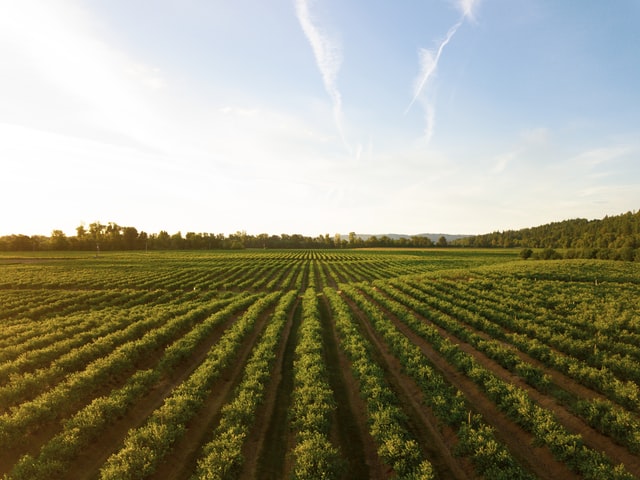Agriculture policy decisions, including a replacement for the EU’s Common Agricultural Policy, are being informed by an annual survey of financial data from 1,750 farms across England. The survey is collected by a consortium of universities including Reading.
The annual Farm Business Survey (FBS) is the main piece of government research in evaluating all aspects of the economics of agriculture and horticulture in England. The FBS covers all types and sizes of farm and horticultural businesses. It is the most representative and independent survey of farm incomes of its kind.
Its results inform policy decisions as well as providing information to farmers and growers, the agricultural and horticultural industries, government, the EU and the general public about the economic state of farmers’ and growers’ businesses. Financial data are collected from 1,750 farms across England.
A team from the School of Agriculture, Policy and Development at the University of Reading has the largest share, covering central and southern England. Each university produces a detailed set of management accounts for each business that participates in the FBS and benchmark these businesses against similar farms to their own.
As well as providing annual information of farm incomes, Defra are using data from the FBS to help create a new Agricultural policy to replace the Common Agricultural Policy.
The Farm Business Survey is a consortium of six University Research Centres that carries out the Survey in England, collecting rural business research data. It is led by the University of Nottingham and also includes the Universities of Reading, Cambridge and Newcastle, and the Colleges of Askham Bryan and Duchy.

